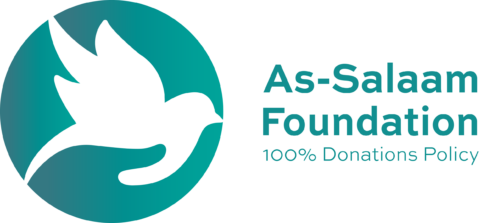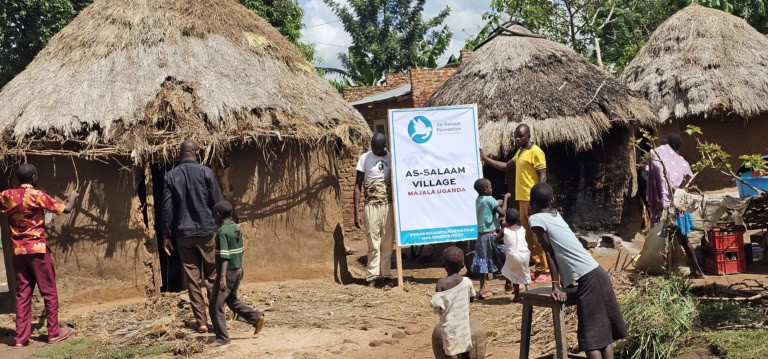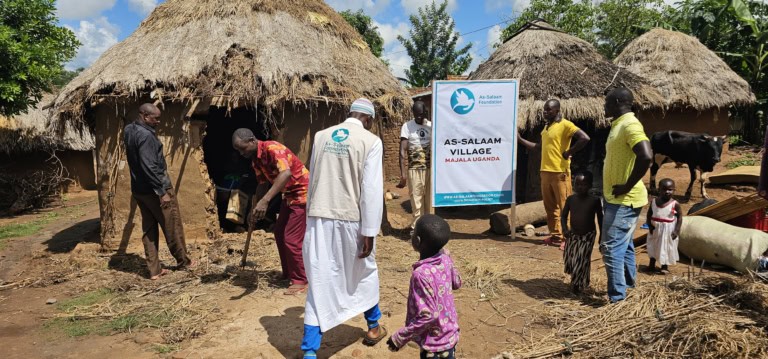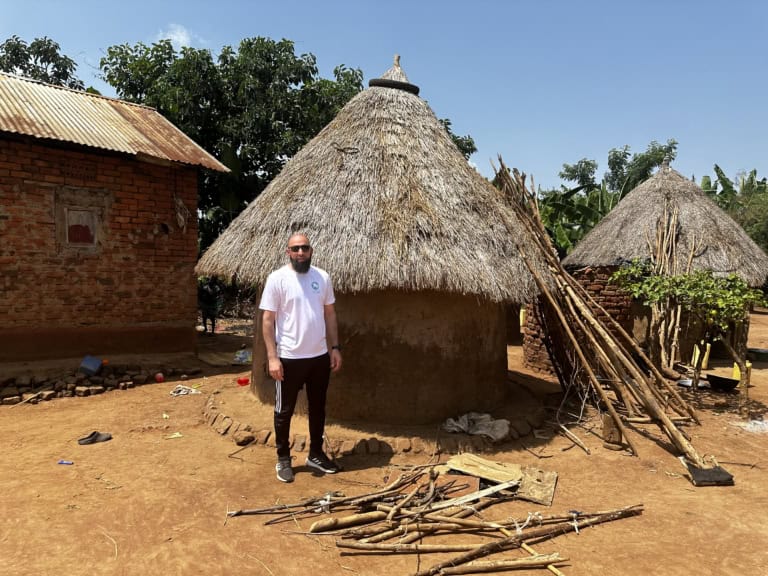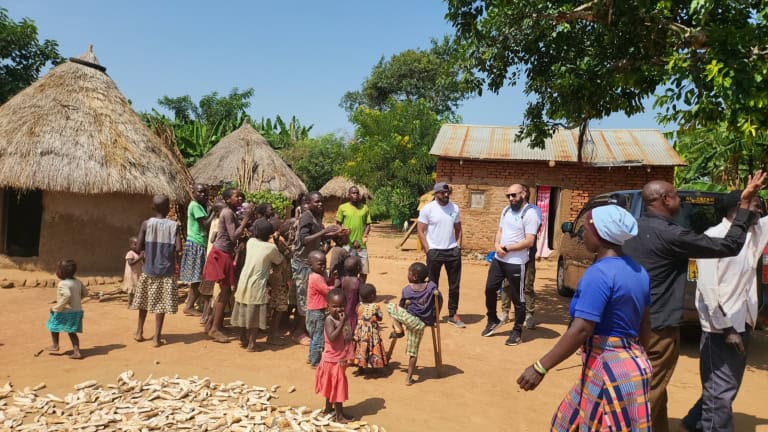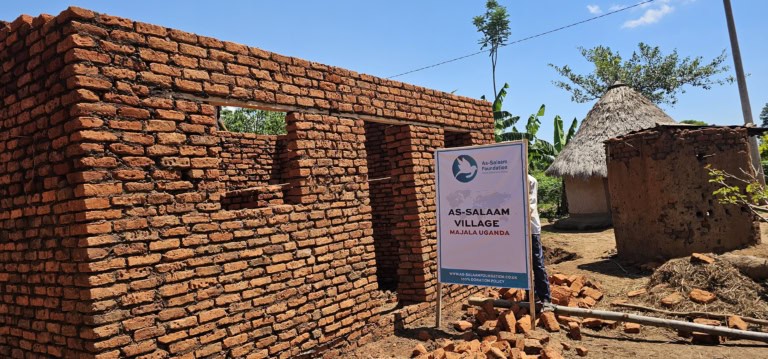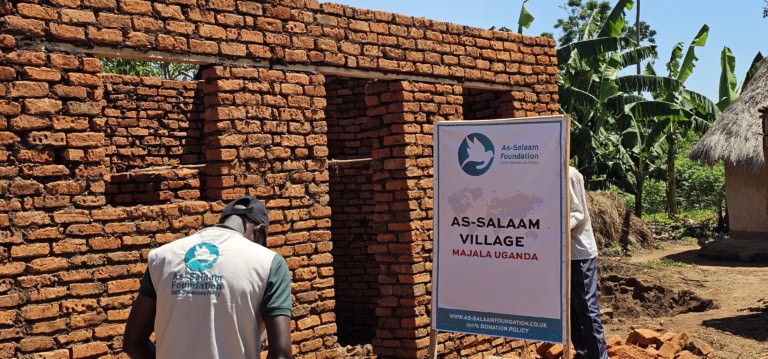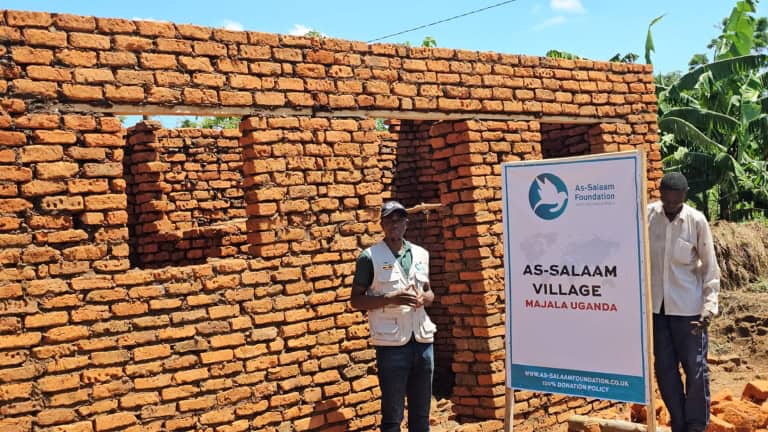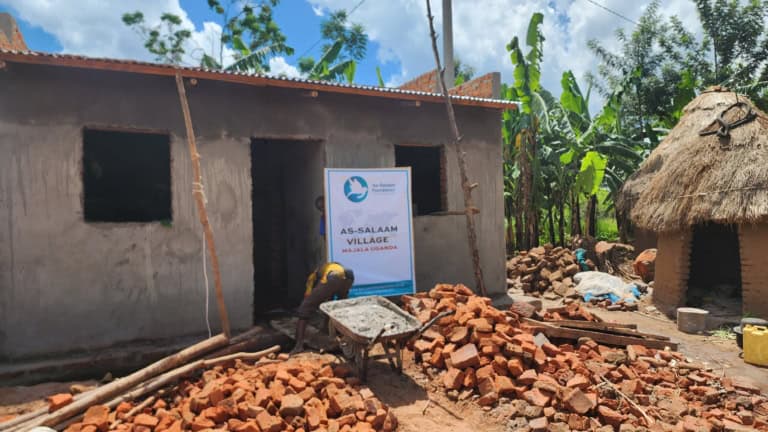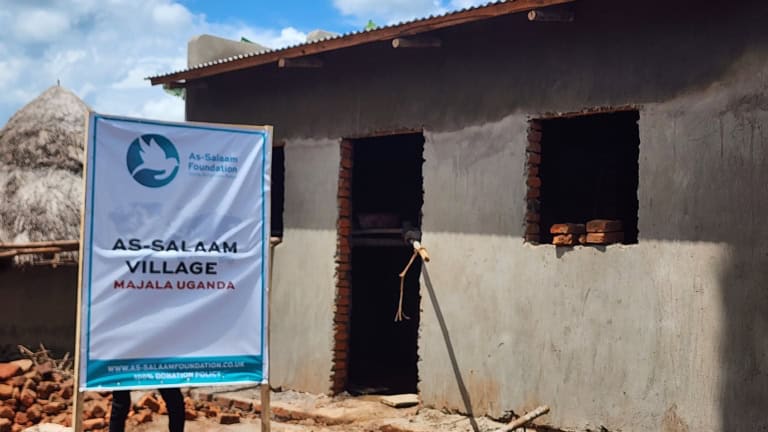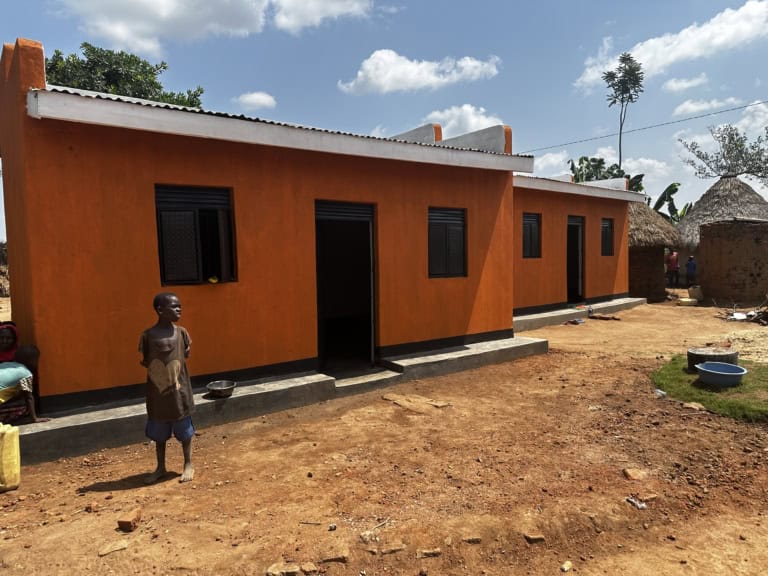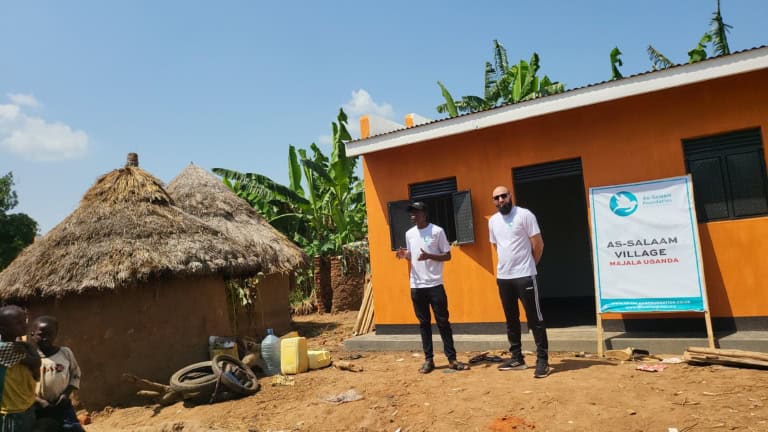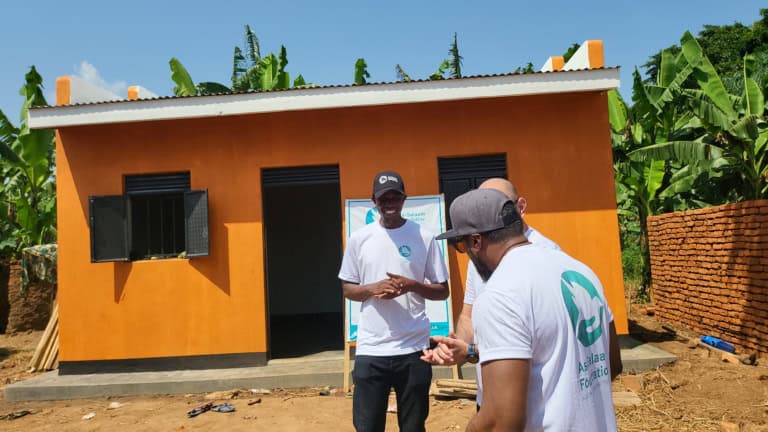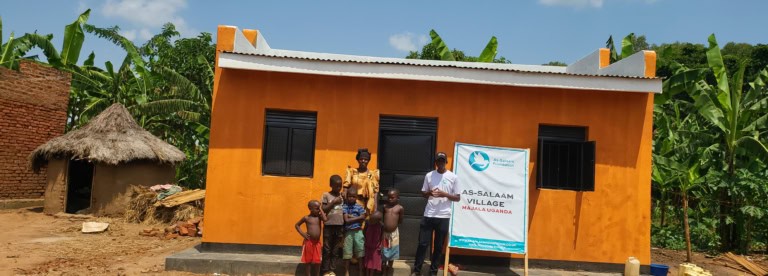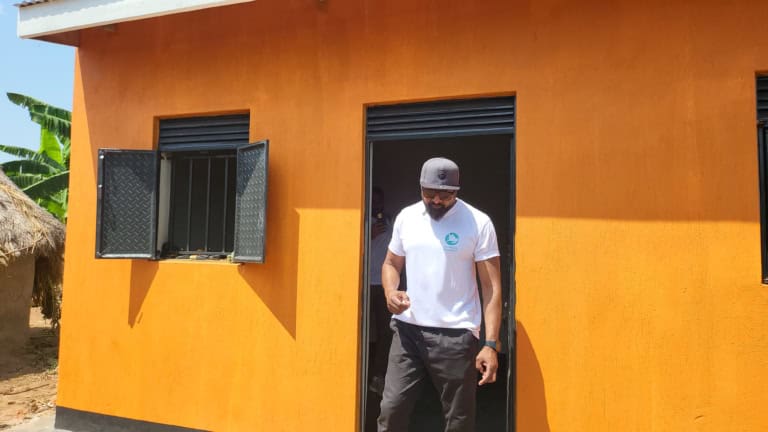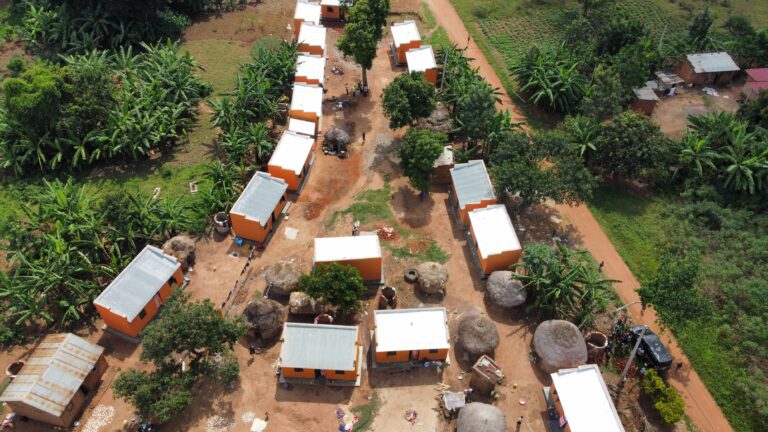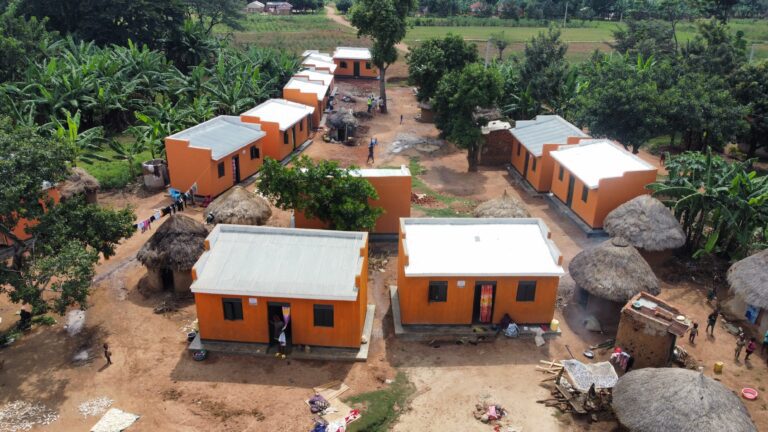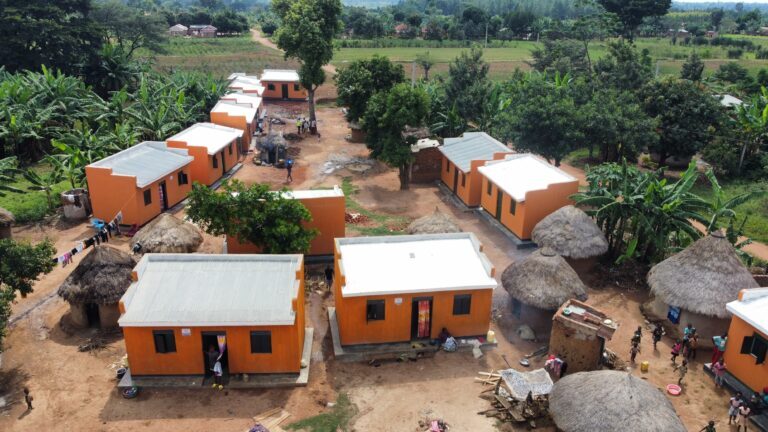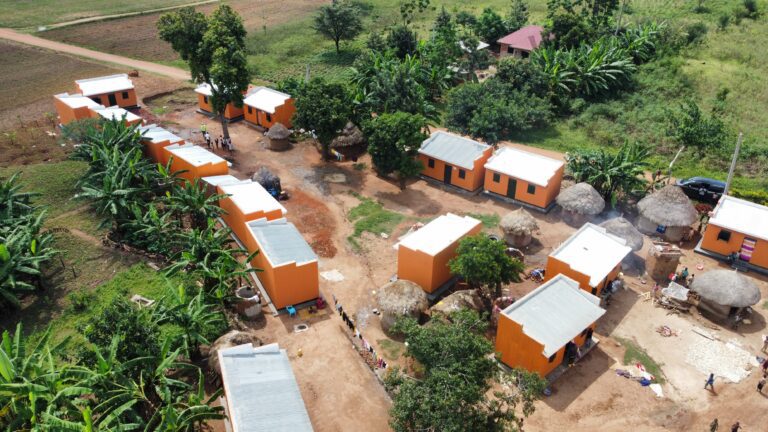Total Raised
Beneficiaries Served
About Majala
- History of Political Instability: Uganda has experienced periods of political instability, including dictatorships and civil conflicts, which have disrupted economic development and social cohesion.
- Weak Infrastructure: Inadequate infrastructure, including roads, electricity, and water supply, hampers economic growth and limits access to markets, healthcare, and education.
- Limited Access to Education: While Uganda has made progress in expanding access to education, there are still significant challenges, including high dropout rates, teacher shortages, and disparities in educational quality between urban and rural areas.
- Healthcare Challenges: Uganda faces various health challenges, including high rates of HIV/AIDS, malaria, and other infectious diseases. Limited access to healthcare services and infrastructure exacerbates these issues.
- Agricultural Dependency: The majority of Uganda’s population relies on agriculture for their livelihoods, yet productivity remains low due to factors such as inadequate infrastructure, limited access to modern farming techniques, and vulnerability to climate change.
- Corruption: Corruption is a pervasive issue in Uganda, affecting various sectors, including governance, business, and public services. It undermines public trust, discourages investment, and diverts resources away from essential services and infrastructure development.
- Population Growth: Uganda has one of the highest population growth rates globally, which puts pressure on resources and services, exacerbating poverty and inequality.
- Limited Industrialization: Uganda’s economy is largely based on agriculture and natural resource extraction, with limited industrialization and diversification. This limits job creation and economic growth opportunities.
- Regional Conflicts and Refugee Crises: Uganda has been affected by conflicts in neighbouring countries, leading to refugee influxes and straining resources and services in host communities.
Addressing these challenges requires sustained efforts in improving governance, investing in infrastructure and education, promoting inclusive economic growth, and addressing the root causes of poverty and inequality.
As-Salaam Village – Achievements
Construction of 17 dwellings
As-Salaam Foundation has spearheaded a transformative project in Majala, Uganda, by building a new village to empower local communities. As-Salaam Village aims to significantly improve the quality of life for the villagers. For the poor villagers of Majala, these houses represent much more than just shelter. These homes symbolize hope, stability, and a fresh start. They offer protection from the elements and a safe space for families to live, grow, and thrive. Having a secure place to call home reduces the daily stress of survival and allows villagers to focus on other essential aspects of life, such as education, health, and economic opportunities. The new houses also foster a sense of community pride and cohesion, empowering residents with the dignity of living in a well-constructed, sustainable environment. For these villagers, the houses are a cornerstone for building a better future. Each house cost £1,200 to build.
Renovation of 3 existing safe dwellings
The renovation of three existing houses by As-Salaam Foundation is a vital part of our mission to uplift the Majala community. These renovations have transformed old, dilapidated structures into safe, comfortable living spaces, restoring the dignity and security of the families residing in them. By improving the structural integrity and liveability of these homes, we have ensured that residents are protected from harsh weather conditions and potential health hazards. This revitalization not only enhances the immediate living conditions but also boosts the morale of those living in these structures as we simply cant leave them out, demonstrating a commitment to improving the overall quality of life. For the villagers, these renovated houses symbolize renewal and hope, reflecting a brighter, more stable future for their families.
Installation of a water source
Another key component of the project has been the installation of a reliable water source. Previously, residents had to endure long, exhausting walks of many kilometres daily to fetch water, a task that consumed a significant portion of their time and energy. With the new water source, this burden is lifted, freeing up time for education, work, and other productive activities. Access to clean water on-site greatly reduces the risk of waterborne diseases, promoting better health and well-being. It also means that children, who often bear the responsibility of water collection, can attend school more regularly, thereby improving their educational prospects. Overall, the water source brings convenience, health, and new opportunities for the entire community, marking a profound improvement in their quality of life. With an already failed water source attempted already by a third party, we have successfully installed a new source at a cost of £888, bringing hope.
Construction of a new block of toilets
Additionally, new blocks of toilets have been constructed to ensure proper hygiene and sanitation, fostering a healthier living environment. These have been crucial for improving hygiene and sanitation in Majala. Previously, the lack of adequate sanitation facilities posed significant health risks, leading to the spread of diseases and negatively impacting the overall well-being of the villagers. With the introduction of proper toilets, the community can maintain better hygiene standards, drastically reducing the incidence of sanitation-related illnesses. These facilities also provide a sense of dignity and privacy, especially for women and children, enhancing their safety and comfort. Improved sanitation contributes to a cleaner, healthier environment, fostering a more vibrant and productive community. For the villagers of Majala, the new toilets represent a critical step towards better health, dignity, and quality of life for just £1,344.
Trustee Visit
In June 2024, the trustees personally visit Majala to complete a full site assessment and post evaluation after the majority of the project was completed. They were extremely pleased and received some extensive feedback and all the villagers showed their utmost gratitude. We pray that Allah accepts the donations of those who donated and rewards them tenfold.
Through these efforts, As-Salaam Foundation is committed to creating sustainable and thriving communities in Majala.
We thank all our donors for being part of this amazing project!
